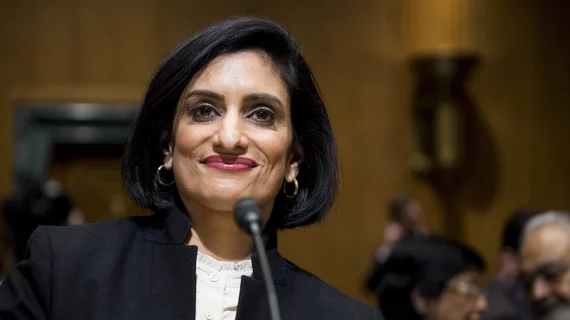What does the 2019 MPFS final rule mean for radiology?
CMS has released its 2019 Medicare Physician Fee Schedule (MPFS) final rule, and the biggest takeaway for radiologists is the confirmation that ordering providers must consult appropriate use criteria (AUC) before ordering advanced imaging services beginning Jan. 1, 2020. Claims will not be denied for failure to include proper AUC consultation information for the first year.
“Evidence-based AUC for imaging can assist clinicians in selecting the imaging study that is most likely to improve health outcomes for patients based on their individual clinical presentation,” according to the final rule. “For purposes of this program, AUC is a set or library of individual appropriate use criteria. Each individual criterion is an evidence-based guideline for a particular clinical scenario based on a patient’s presenting symptoms or condition.”
One noteworthy policy change is that hardship exception criteria for referring to AUC now includes “insufficient internet access,” “electronic health record or clinical decision support mechanism vendor issues” and “extreme and uncontrollable circumstances.”
In addition, diagnostic tests performed by a radiologist assistant (RA) can now be completed “under a direct level of physician supervision to the extent permitted by state law and state scope of practice regulations.” This was updated after feedback that radiologists were unable to “make full use of RAs,” CMS said.
CMS also noted the final 2019 MPFS conversion factor is $36.04, up slightly from 2018’s conversion factor of $35.99.
A full fact sheet from CMS on the final rule can be read here. Radiology Business coverage of the 2019 MPFS proposed rule can be read here.
The American College of Radiology (ACR) issued a quick statement on the final rule, with a more detailed statement coming in the near future. The ACR’s thoughts on the 2019 MPFS proposed rule are available here.

